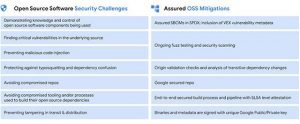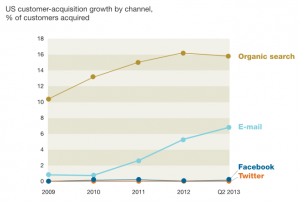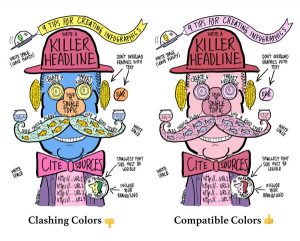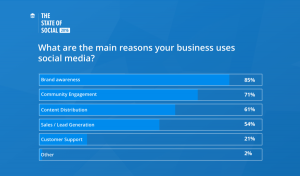By Elizabeth Grace Saunders
Extroverts tend to eagerly seek out connection—as if they are searching for cell service in a remote locale. Being plugged in motivates them to take action and can reenergize them.
Introverts, on the other hand, tend to immerse themselves in their own thoughts—as if they are putting together a puzzle. Turning inward helps them find focus and rejuvenate.
These differences play a big role in whether you find a work situation a “dream job” or a daily grind. That’s why as a time management coach, I encourage my clients to consider how their use of time has an impact on their energy and to try to balance out energy giving and draining situations at work to achieve their optimal balance.
If you’re considering a career move in this upcoming year, here are some factors to keep in mind to best match your work to your introverted or extroverted tendencies.
Service vs. product business
The business you’re in can shape whether you’ll have a more extrovert friendly or introvert friendly role. For example, if you’re in a service-based business, like consulting or event planning, you’re often paid to interact with clients. By its very nature, that will mean a lot more facetime and will tend to best suit extroverts.
Conversely, if you’re working for an app development company, there will be more roles where the deliverable is a product. In these instances, you could potentially go days without having to interact with a client.
Does this mean every role in a service business is highly interactive or every product business role is isolated? No. There can be a variety of jobs within an organization. But as a general rule, finding a business that fits your energy tendency can provide a better fit.
Independent contributor vs. manager
Another big factor in the energy requirements for your career is whether you take on an independent contributor or manager role. A graphic designer will have much more open work time than an art director. A content manager will do more on their own than a marketing manager. And a programmer will have a lot more autonomy than a product manager.
This doesn’t mean that introverts can’t be excellent managers—many of them do a fantastic job of leading others. But it does mean that if you’re an introvert and choose to take on a managerial role that you may feel exhausted at the end of the day from all the meetings and people interaction. Whereas if you have more time to work alone on projects, you might have some energy to spare after hours.

Think about this carefully when you’re considering whether or not to take on a promotion. Will managing people fill you up or take away your spark?
Remote vs. onsite work
The environment in which you work can also determine how much time you’re interacting with people. Before the pandemic, the vast majority of workers were on-site. Now, the opportunity for remote work has increased significantly. If you work remotely and don’t have other household members working remotely, you can maximize your introvert time. If you’re in the office, you will likely have more opportunities to interact with others. Even a simple trip to use the bathroom means you may run into a colleague or two.
As a general rule, many extroverts do better working in the office instead of being isolated in their homes while trying to get work done. However, I have had a number of introverted coaching clients share that some time in the office—for example two or three days a week—can be helpful to them. Even though they thrive on time alone, introverts working from home can end up with so little interaction with others that even they crave some human connection.
Sole proprietor vs. employee
A final factor that makes a role more introverted or extroverted is whether it is a sole proprietor or a full-time employee position. If you collect a 1099 as a sole proprietor, you may have more space to be introverted and if you’re a W-2 employee, you may be more deeply entrenched in the company.
Back in the mid-2000s, before I began my work as a time management coach in 2009, I went from working as an in-house staff writer at a magazine publishing company to an independent freelance writer. Although in some ways being a staff writer was a very similar job to being a freelance writer, I found the actual experience of it to be very different. Once you’re a freelancer, you’re given assignments to work on with a certain deadline and all you need to do is turn them in. This eliminates hours of time in staff meetings, hundreds of internal emails, and also some perks like office parties. Of course, introverts can really enjoy being employees and extroverts can do just fine working as sole proprietors, but I did find that the dynamic is very different. If you like being in the center of the action as an extrovert, you’ll likely prefer being an employee than going out on your own. If you want to be left alone to do your work, then sole proprietorship could be the way to go.
To be sure, people with extroverted and introverted tendencies can thrive within all types of roles and all types of environments—no one is limited by their personality type. But if you’re finding that your current job situation is taking a little too much energy out of you, you may find that considering these factors can help you land a job that’s the best fit for you in the year ahead.
Elizabeth Grace Saunders is a time management coach and the author of Divine Time Management and How to Invest Your Time Like Money.
(12)
Report Post









